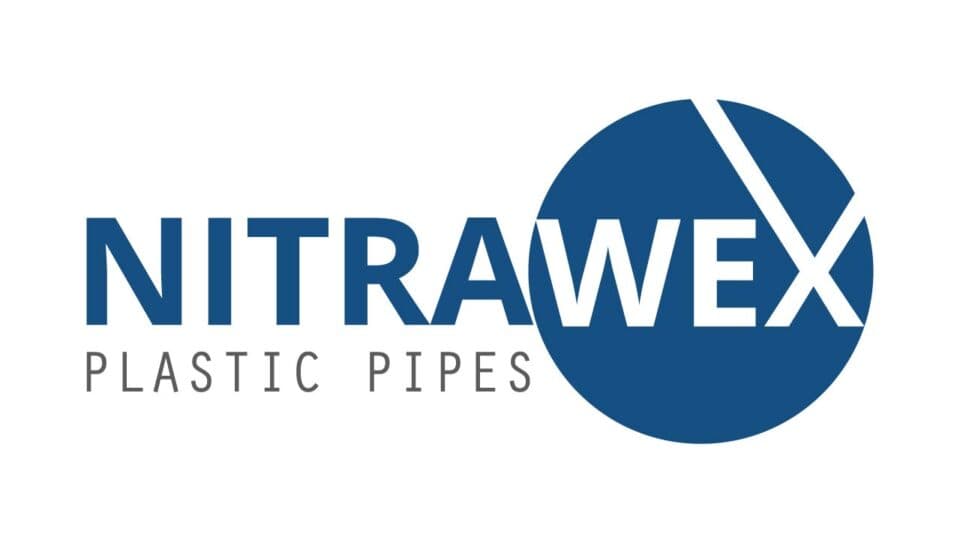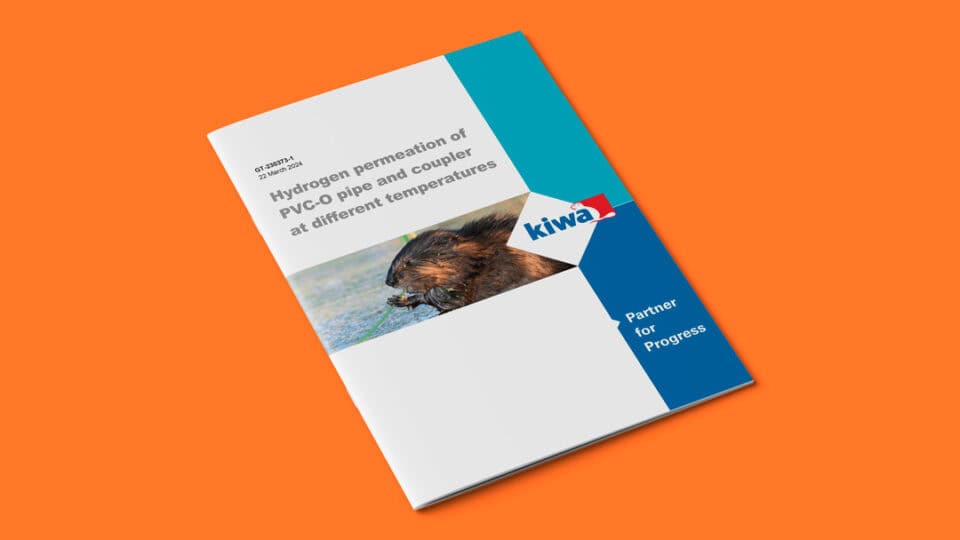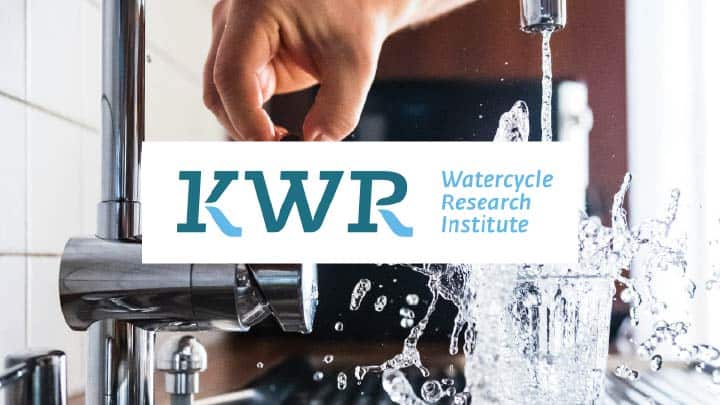
Plastic Pipes XXI – call for abstracts
05/04/2022
PVC pipe conference to link innovation with sustainability
22/08/2022The debate on plastics is heated, with many actors calling for limits to production and consumption of polymers. Critics often point to the climate impact, since most plastics today are produced from fossil feedstock. To assess the actual climate impact of polymers, global consultancy McKinsey & Company has conducted a study that compares plastics to non-plastic alternatives in a number of applications. For municipal sewer pipes, McKinsey finds that PVC pipes have 35% lower greenhouse gas emissions than ductile iron and 45% lower greenhouse emissions than reinforced concrete.
The study object is gravity pipes and force main or pressure pipes in the United States, with a designated service life of 100 years. PVC and reinforced concrete are the most used materials in the first category, while PVC and ductile iron are the most used in the latter. As PVC weighs less than the alternatives, it is possible to achieve the same function with less material. Ductile iron and reinforced concrete also require more energy to transport and install than PVC.







